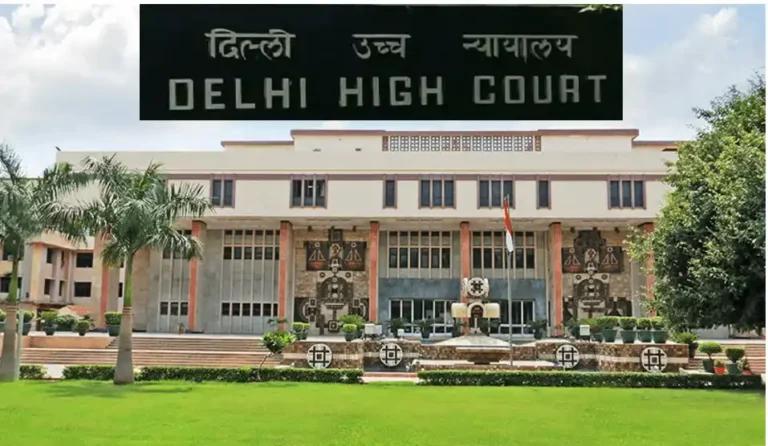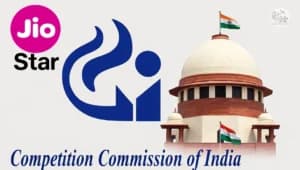In a landmark ruling, the Delhi High Court granted interim relief to Goethe-Institut, a German society running six educational institutes in India under the name 'Max Mueller Bhavan'. This decision reaffirms the principle that the rights of a prior user of a trademark outweigh those of a registered trademark holder.
The dispute arose when the defendant, who had registered the trademark 'Max Mueller Institute' in 2018, began offering German language courses. The plaintiff, Goethe-Institut, has been using the 'Max Mueller Bhavan' name for its educational institutes since 1957. The defendant’s use of a similar name for identical services was deemed likely to cause confusion among the public.
Read also:- Sanction Not Needed Under S.197 CrPC For Insulting SC Member Or Forging Records: Kerala High Court
Justice Mini Pushkarna, who presided over the case, noted the potential for enormous confusion in the education sector, especially when two institutions with identical names offered similar courses. She remarked, “In the area of education, any chance of confusion should be completely avoided.”
The court emphasized that the rights of a prior user of a trademark are protected under Section 34 of the Trade Marks Act, 1999. The judge stated, “The fact that the mark of a party is not registered, is no bar to a case for passing off, if the ingredients of passing off are established.”
The plaintiff argued that the defendant's actions were aimed at misrepresenting their connection to Goethe-Institut, as students were required to enroll with the plaintiff for exams after completing courses at the defendant's institute. The court was persuaded by the evidence showing that 'Max Mueller Bhavan' had been used consistently by Goethe-Institut in India for over six decades.
The court further noted that the plaintiff’s branding and services were widely recognized, both by the public and by institutions such as the German Embassy in India. Documents such as invoices, social media pages, and MoUs all showcased the longstanding use of the 'Max Mueller Bhavan' name. Additionally, the plaintiff’s PAN card and bank accounts were registered under 'Max Mueller Bhavan,' strengthening their claim to the trademark.
In light of these facts, the Delhi HC concluded that the defendant's use of the 'Max Mueller Institute' name was likely to confuse the public and ordered interim relief in favor of Goethe-Institut. The court also pointed out that the defendants’ website appeared in search results when people searched for the plaintiff, furthering the potential for confusion.
Read also:- Kerala High Court Orders Passport Renewal Despite Interpol Red Corner Notice
The case highlights the importance of prior use in trademark disputes, particularly in sectors where public confusion can have significant consequences, like education.
“It cannot be countenanced that a building has been issued a PAN Card or has bank accounts in various banks. This Court is in agreement with the submission of the plaintiff that under Indian law, a PAN Card can only be issued in the name of individuals/entities, which are capable of rendering services and receive money.”
This case sets a clear precedent for future trademark disputes, reinforcing the protection of prior users' rights over newly registered trademarks, especially in sectors where consumer confusion could result in serious harm.
Appearance: Mr. C.M. Lall, Sr. Adv. with Mr. Karan Bajaj, Mr. Suman Jyoti Khaitan, Mr. Vikas Kumar, Mr. Vihaan Kumar, Advocates for Plaintiff; Mr. Vikas Khera, Ms. Sneha Sethia, Mr. Yash Sharma, Advocates for Defendant
Case title: Goethe-Institut E.V. v. Abhishek Yadav & Anr.
Case no.: CS(COMM) 541/2024















